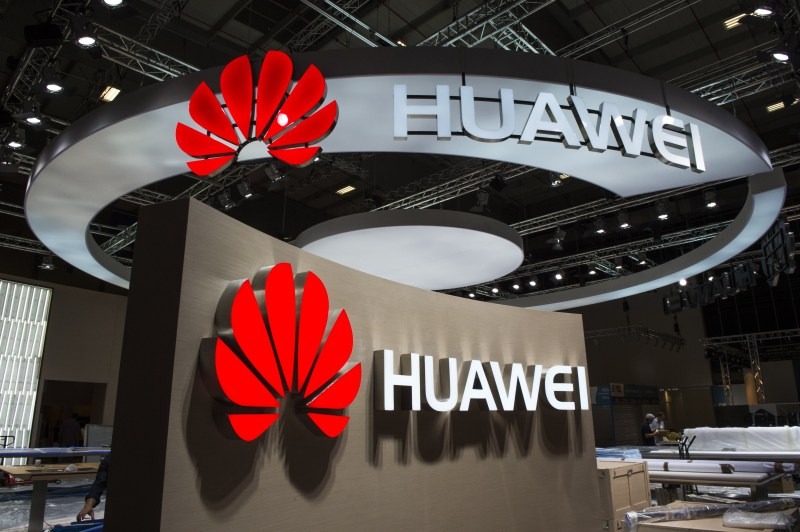The U.S. government has leveled a dual blow against China's Huawei, both blocking it from acquiring American technology and preventing American telecoms firms from using Huawei equipment.
For the latter President Donald Trump signed an executive order on Wednesday, invoking the International Emergency Economic Powers Act and banning U.S. businesses from using telecoms equipment from firms considered a national security risk, Reuters reported. An enforcement plan is due by October.
Though that order didn't name Huawei specifically, the Commerce Department subsequently added Huawei and 70 affiliates to its "Entity List," stopping it from buying components from U.S. corporations. That should take effect in the next several days, and U.S. officials said they believe it will make it hard or impossible for Huawei to sell some products because of its use of American suppliers.
Those suppliers can apply for licenses, but will have to prove that there's no national security risk. In 2018, government agencies were barred from buying Huawei and ZTE products.
In January the U.S. unsealed a 13-count indict against Huawei, accusing it and CFO Meng Wanzhou of defrauding financial firms by lying about its relationship with an alleged front business operating in Iran. Meng was arrested in Canada a month earlier on a U.S. warrant, but is still battling extradition.
On Thursday, Dutch newspaper De Volkskrant cited intelligence sources as saying that Huawei had created a backdoor on the network of an unnamed telecoms firm, and that intelligence agency AIVD was investigating whether the vulnerability had enabled spying by the Chinese government.
Huawei has denied any wrongdoing, saying it "keeps the door closed to governments or others who want to use our network for activities that would threaten cyber security." The firm is believed to have ties to the Chinese government, which has fueled worries in the U.S. and elsewhere about involvement in building 5G networks. The U.S. has pressured allies to adopt a similar stance.
Dutch telecoms company KPN recently said it would keep Huawei gear away from the "core" of its mobile network, but still use Huawei radio towers.
 Roger Fingas
Roger Fingas







-m.jpg)






 Christine McKee
Christine McKee
 Marko Zivkovic
Marko Zivkovic
 Mike Wuerthele
Mike Wuerthele

 Amber Neely
Amber Neely
 Sponsored Content
Sponsored Content
 Wesley Hilliard
Wesley Hilliard










43 Comments
Banning Huawei selling equipment in USA is one thing but importantly rest of world must ban otherwise it effects everyone. A person calling or sending data on USA network which goes through internet than on some countries internal network which was provided by Huawei with backdoor so at the end you still sending your information to China.
China sells low-priced telecom equipment for a reason - so they can monitor and steal everything that passes through.
But, but they said they'd never spy on anyone...